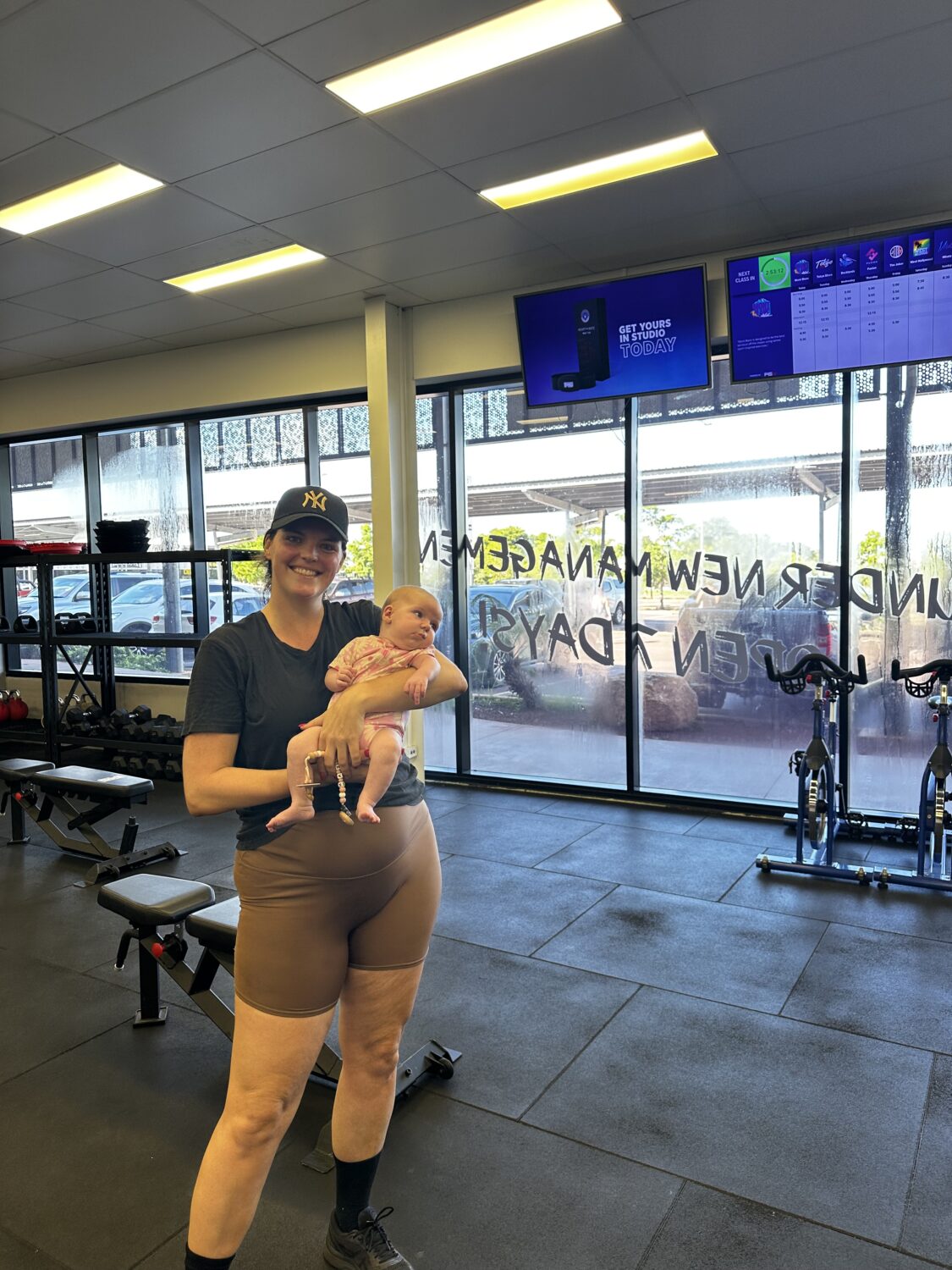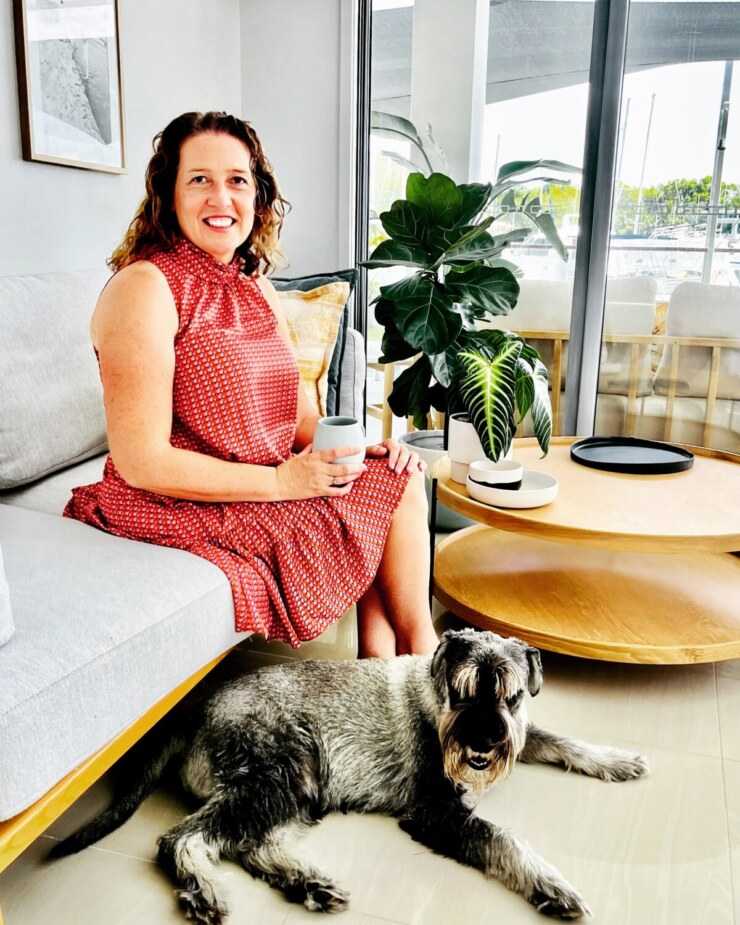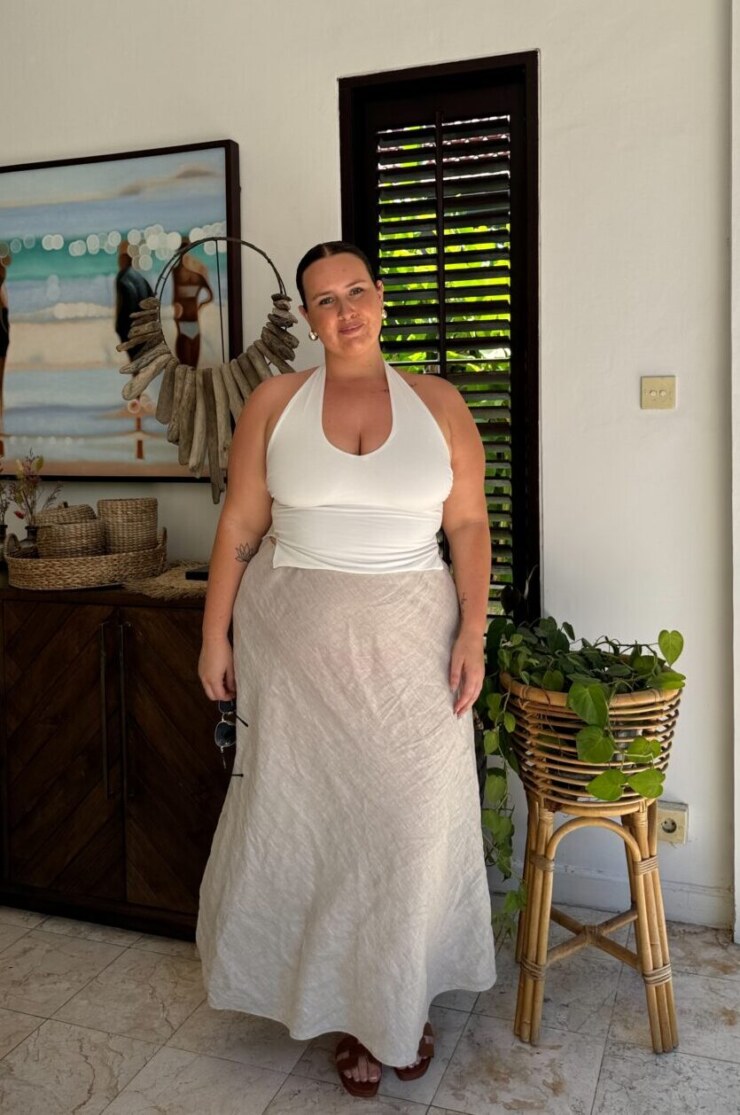Last week, we published a story about a Darwin hockey club which had retained players through the simple introduction of a crèche.
They put on the crèche because the mums in their club could not commit to playing because they simply had no one to look after their kids when they trained on a weeknight.
For many, especially in transient cities like Darwin and Cairns, sport is a way of making friends and belonging to a community. It’s an incredibly important outlet to many families.
However committing to a team is simply not doable when young children aren’t supervised, even for one night a week training.
This particular hockey club has seen widespread benefits of implementing the crèche and it’s now a non negotiable offering for the committee.
It’s also worth noting that the committee is made up of 75 per cent women.
I’m also seeing first hand the benefits of offering a crèche at my own gym, which I have just returned to for the same reason.
I left the gym under previous owners because the crèche was no longer offered, and I could no longer attend because I simply had no one to watch my kids, even for a quick 45 minute workout.
Fast forward almost two years, and under new owners, the crèche is back. Funnily enough, so is the good handful of women who also left, with others waiting for memberships elsewhere to end before also returning.
Warming down one morning, I looked around and could count endless benefits of offering a crèche.
The economic benefit to the gym owner, who has grown the membership of their gym.
The nearly eight mums using the crèche who were all the better for a grueling 45 minute sweat.
The crèche operator, who’s drawing an income from the hour she spends playing with our kids.
The broader community who has gained healthy, happy women and mums who, no matter how bad their night was, have exercised.
The coffee shop four shops down who caters to a group of mums grabbing a coffee after class.
In 2022, The Journal of Women’s & Pelvic Health Physical Therapy published a review on 10 separate studies into the barriers to exercise for postpartum women, with a lack of support from family, friends, and other mothers cited in 9 out of the 10 studies.
It was also the most frequently reported barrier, signifying how important social support is in the postpartum population.
The conclusion – it is possible that if postpartum parents gained more social support like childcare, other barriers such as low motivation, time, and being too busy could also be mitigated.
Something as simple as a crèche is easy to overlook, but the ripple effect is far reaching beyond someone looking after our kids.
It’s the health of our entire community.






